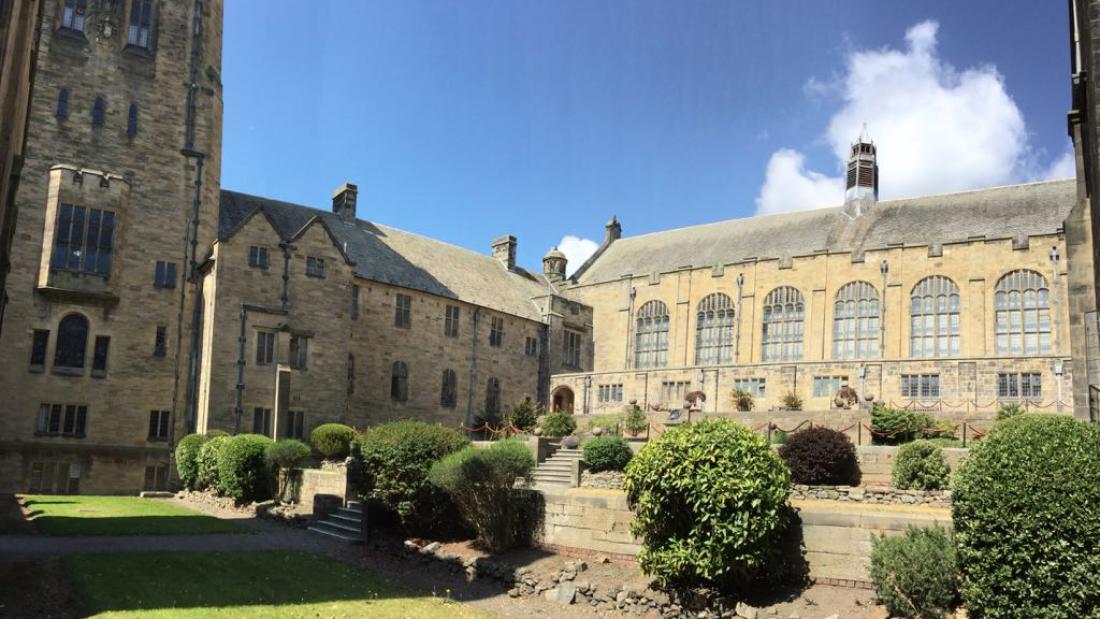📖Program Curriculum
An MA will be awarded on successful completion of all 180 credits. A Diploma will be awarded on the successful completion of the first 120 credits.
Part One:
In the first part of the MA programme all students are required to study a combination of compulsory and optional modules.
All students study the following compulsory modules:
Themes and Isues in History (20 credits): This mdodule encourages an understanding of current ideas and debates through in-depth and critical discussion and also engages with the theoretical and philosophical context of different approaches. Discussions will be grounded where appropriate in specific examples and students will be encouraged to apply the ideas and critiques to a range of different case-studies. The module will develop skills in critical thinking and the ability to participate in debates on issues of interpretation and methodology
Research Skills (40 credits): This is an advanced level skills module that has three aims: to train students to initiate research projects to familiarise them with how to critique a research seminar paper and to supply them with skills that will enhance their employability.
In addition students will follow a 20 credit documentary and sources module that introduces students to a wide range of kinds of sources and the problems of interpreting sources their transmission reception and survival. Students choose either Documents and Sources: Medieval & Early Modern or Documents and Sources: Modern
In addition students are required to choose two further modules from those on offer. While modules may vary from year to year recent options include:
Normandy under the Normans 911-1144
National Identities in Britain and Ireland 1660-1800
War and Protest 1914-2003
The Inner City: Governance Policy and Exclusion
Work Placement
Society Politics and History in Karl Marx
Antisemitism and the Holocaust
Nationalism and Minorities
The Age of Llywelyn ap Iorwerth
Part Two:
After the completion of the modules which make up Part One of the programme Part Two consists of a 15 000 to 20 000-word dissertation (60 credits) on a subject of your choice researched and written under the individual supervision of a subject specialist. Your disseration will set research questions and a structure will be worked out. It will describe and analyse the chosen topic using a range of relevant secondary and primary evidence.
Modules for the current academic year
Module listings are for guide purposes only and are subject to change. Find out what our students are currently studying on the History Modules page.
Course content is for guidance purposes only and may be subject to change.
Show less Show more 